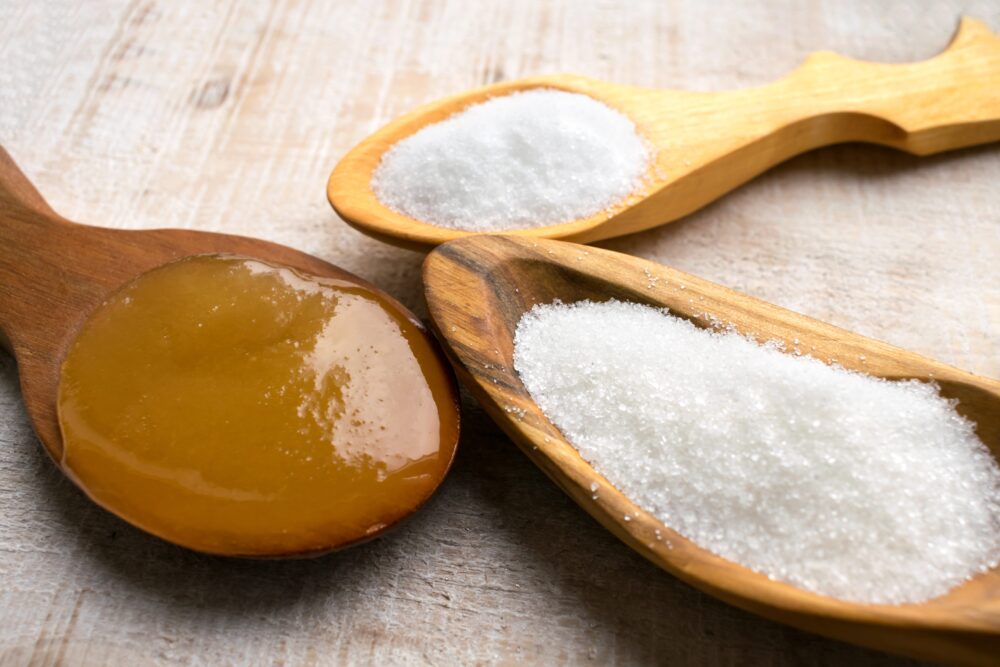Researchers are examining the effects of non-nutritive sweeteners like sucralose and acesulfame potassium. They want to understand how these sugar substitutes affect the body and hope to produce better ways to regulate their use. They are also looking at how the body may metabolize the compounds and whether they affect how the liver processes other substances.
Sugar is a type of carbohydrate that the body uses for energy production. However, when people consume sugar in excess, it can lead to tooth decay and obesity, so people opt to use artificial sweeteners.
Artificial sweeteners, like aspartame and sucralose, provide a sweet taste without calories. Diet sodas and some diabetes and heartburn medications use sugar substitutes. A recent study suggests that the health benefits of artificial sweeteners may come at a cost.
The study’s findings suggest that these sugar substitutes are not inherently toxic, but they may interfere with the body’s natural ability to process and eliminate toxins.
“We observed that sweeteners impacted PGP activity in liver cells at concentrations expected through consumption of common foods and beverages, far below the recommended FDA maximum limits,” said Stephanie Olivier Van Sitchelen, Ph.D. Sitchelen was the lead doctor of the study.
Sitchelen and her team are continuing their research on the effects of sugar substitutes on human health. The researchers want to test a different and more unique model of drug transport. They also plan to study mixes of artificial sweeteners that humans tend to consume.
The U.S. Food and Drug Administration (FDA) is trying to determine if non-nutritive sweeteners impair the body’s detoxification process. If the study confirms that this is the case, then labels on food packaging will be updated to reflect that information. This study will also help educate the public about the types of food they put into their bodies and the subsequent effects those foods have.
Since artificial sweeteners are common sugar substitutes, they are also used in many diet, sugar-free foods, and sugar-free chewing gum. While these alternatives can provide some health benefits, the FDA recommends that consumers of non-nutritive sweeteners consume less than the acceptable daily intake amount. Food manufacturers list them as ingredients and have no responsibility to indicate the quantity of non-nutritive sweeteners used in their products.

